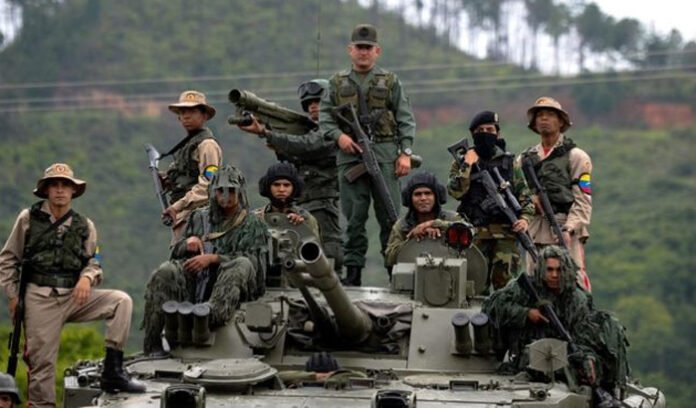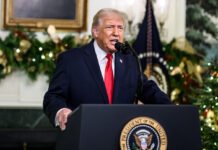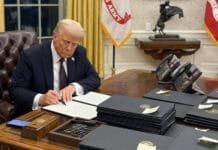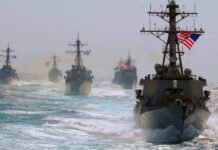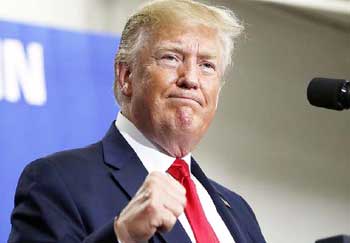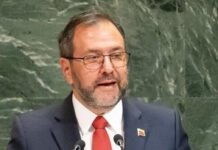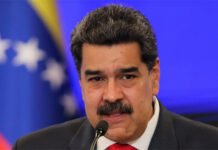Caracas, October 19, 2025 – Venezuela has mobilized troops and local militias in response to the presence of U.S. military forces off its coast, escalating regional tensions in South America. The move comes amid ongoing disputes over security, influence, and strategic maritime control in the Caribbean and Atlantic regions.
According to the Venezuelan Ministry of Defense, the troop deployment is part of routine national defense measures, but international analysts view it as a signal of readiness to confront perceived foreign threats. President Nicolás Maduro stated in a televised address:
“We will not tolerate any infringement on our sovereignty. Our forces are fully prepared to defend the nation and its territorial waters.”
Background and Context
The U.S. has maintained a naval presence in the Caribbean as part of broader security and anti-drug operations. However, Venezuela perceives these deployments as provocative maneuvers, especially amid recent sanctions and political disagreements.
Analysts argue that this situation mirrors historical tensions between Washington and Caracas, stemming from differences over governance, foreign policy alignments, and regional influence.
Dr. Luis Fernandez, a Latin American geopolitics expert, said:
“Venezuela’s mobilization is both a defensive measure and a political statement. It reflects domestic concerns about sovereignty while sending a message internationally that Caracas remains assertive.”
Key Developments
Troop Mobilization: Venezuelan army units and local militias have been stationed along strategic coastal areas. Training exercises are ongoing to ensure rapid response capabilities.
U.S. Naval Presence: American military vessels are reportedly patrolling international waters, emphasizing routine operations but drawing attention from Venezuelan authorities.
Regional Reactions: Neighboring countries and regional organizations are monitoring the situation, calling for dialogue and diplomatic solutions to avoid escalation.
Expert Opinions
Security experts emphasize that while no immediate conflict is expected, misunderstandings or accidental encounters could heighten tensions.
Dr. Carolina Mendes, a defense analyst in Brazil, commented:
“Both sides are signaling strength, but diplomacy is crucial. The risk is not imminent war but increased regional instability that affects trade, energy supplies, and humanitarian conditions.”
The mobilization also highlights Venezuela’s reliance on local militias as a strategic buffer, blending conventional and citizen-based defense measures. This approach has drawn mixed reactions from international observers, with some praising Venezuela’s preparedness and others raising concerns over militarization of civilian groups.
Global and Diplomatic Implications
The situation has triggered statements from the United Nations and OAS, urging restraint and dialogue. Analysts predict that the standoff could influence:
U.S.-Venezuela diplomatic relations, particularly concerning sanctions and trade restrictions.
Regional alliances, with countries like Cuba, Mexico, and Brazil monitoring developments closely.
Energy markets, as Venezuela remains a major oil producer in Latin America.
A senior U.S. defense official, speaking on condition of anonymity, stated:
“Our presence is routine and defensive in nature. We encourage all parties to maintain open channels for communication and reduce unnecessary provocations.”
Public Reaction
Venezuelan citizens displayed a mix of support and apprehension. Social media platforms were flooded with messages of national pride, while some expressed concern over potential economic and humanitarian consequences.
One Twitter user wrote: “Our country must defend its sovereignty, but I hope leaders avoid conflict. Peace and dialogue are essential.”
Conclusion
Venezuela’s mobilization of troops and militias in response to U.S. military presence underscores a delicate balance between defense and diplomacy in Latin America. While immediate confrontation is unlikely, the situation is a reminder of the geopolitical complexities in the Caribbean and Atlantic regions.
Both Washington and Caracas are signaling readiness while emphasizing dialogue, making the coming weeks critical for regional stability. As tensions unfold, the international community is watching closely, recognizing that any escalation could have far-reaching political, economic, and humanitarian implications.

